The pro-independence movement in English
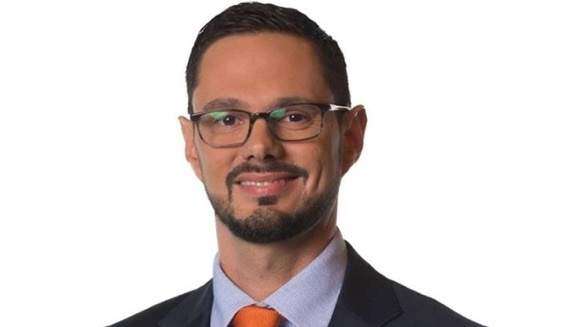
The pro-independence movement did not fail. The pro-independence movement, as a whole,
moved. It changed. It adapted.
The mainstream slogan for pro-independence is no longer ‘Yankee go home’. It is ‘Yankee home,’ and deal with it.
The so-called ‘pro-independence sector’–which includes those who favor sovereignty–is becoming fully integrated with the liberal and center-left movements in the Democratic Party of the United States. This trend has been going on for a while, but over the last presidential elections and in the aftermath of Hurricane Maria, it has grown stronger.
The standard-bearer for this shift is the Mayor of San Juan, Carmen Yulín Cruz, who has become the darling of the liberal press in the US, and rightly so. She has confronted President Trump for his offensive treatment of Hispanic people in general, and Puerto Ricans in particular. And since the camera loves her–and she loves it right back–, she has become known all over the United States.
She got prime-time coverage on CNN with Anderson Cooper, just a few days after the hurricane. She went on political interviews with Rachel Maddow. She became the focal point for comedy sketches on Saturday Night Live. She appeared on The Simpsons and with Stephen Colbert. She has even been included, along with international celebrities such as Hillary Clinton, Vladimir Putin, and Pope Francis, as a candidate for Time magazine’s Person of the Year, a contest for which she is, in fact, the front-runner.
But this did not begin with Carmen Yulín. Last year, Manuel Natal and the most steadfast pro- sovereignty politicians from the terminally ill Popular Democratic Party (PDP) were de facto leaders in Senator Bernie Sanders’s campaign in Puerto Rico. (I will not include David Bernier’s call for the presidential vote as part of this trend, because I guess he is not considered part of the pro-sovereignty movement).
How can it be so easy for the advocates of Puerto Rico’s independence (in any of its forms) to join the political currents of the country they wish to secede from? Is it possible that an ideology considered by so many as extremist could be, in fact, so compliant?
Today’s pro-independence movement is not a strong faction with a specific objective. It is
rather a shared culture and world vision.
The pro-independence movement as a serious and vast political project to secede from the United States does not exist in Puerto Rico or the diaspora. A significant part of those who favor independence and sovereignty nowadays see independence as a culture, but they don’t believe it is feasible for Puerto Rico to secede from the citizenship, tax, currency, judicial, education, and worker union systems of the United States. It is a movement in favor of a cultural independence.
And what does this mean? The same as cultural Judaism, or cultural Catholicism. Their members know their unifying traditions, their basic myths and rituals. Their heroes, their martyrs, their common history. But they are not orthodox members. They don’t go to the synagogue or attend mass. They are proud of their heritage and their collective achievements (which are many), and they have an unparalleled aptitude for tolerance and sacrifice.
When they run into each other, they know who they are and where they came from. They share certain sensibilities. They will never forget the sheer and unbending profiling, being out of work due to their way of thinking. They believe and fight for progressive social causes, such as the rights of women, black people, children, against the environmental exploitation of poor communities–that is, a fight on behalf of the most vulnerable populations. They also have a keen sense to detect injustice.
Theirs is a decent and commendable world vision, worthy of emulation. But it is worth reiterating that those who belong to the Puerto Rican pro-independence movement do not have, at this specific point in time, a common goal or political project to secede from the United States.
For a long time, cultural pro-independence has enjoyed representation in the United States at all levels, even in Congress with Luis Gutierrez! But also in the arts, with Lin-Manuel Miranda; in sports, up until recently, with mayor leagues player Carlos Delgado; and even in academia, through numerous important positions. Those in favor of cultural independence feel justifiably proud of these figures. For example, during the campaign for the release of Oscar López Rivera, the contacts of pro-independence politicians in Washington DC were essential.
The colony will always give rise to great ironies. Here are only three that have emerged from
the pro-independence movement in English.
Irony #1: Puerto Rican advocates for sovereignty and independence have found more space and resonance within the US Democratic Party than in the island. Carmen Yulín is beloved by the Democrats there. In the island, PDP partisans barely tolerate her, and the pro-statehood
movement can’t stand her.
Irony #2: In joining the Democratic Party, the advocates for cultural independence have come
together with hardcore pro-statehood members, such as Governor Rosselló, who must undoubtedly be uneasy with the joyful and preferential treatment they get, given that those in favor of sovereignty come from a leftist philosophy more in tune with the party.
Irony #3: The worst of all. Under a potential statehood, most of Puerto Rico’s best
representatives before Congress would be those against statehood, such as Eduardo Bhatia,
Carmen Yulín herself, and maybe even Juan Dalmau from the Puerto Rican Independence
Party.
The colony, as Fanan used to say, is incredibly complicated.
*The author is a litigation attorney, and serves as a political analyst every Thursday on WKAQ
al Mediodía con Jay Fonseca. He is also a panelist for Jugando Pelota Dura in Univisión.
More information at http://www.abogadofederalpr.com.
Popular ahora

Bienvenido a Noticel
Empieza a crear una cuenta
Verificación de cuenta
Te enviaremos un correo electrónico con un enlace para verificar tu cuenta. Si no lo ves, revisa tu carpeta de correo no deseado y confirma que tienes una cuenta vinculada a ese correo.
Has olvidado tu contraseña
Introduce el correo electrónico de tu cuenta y te enviaremos un enlace para restablecer la contraseña.
Has olvidado tu contraseña
Le hemos enviado un correo electrónico a {{ email }} con un enlace para restablecer su contraseña. Si no lo ve, revise su carpeta de correo no deseado y confírmeme que tiene una cuenta vinculada a ese correo electrónico.
Personaliza tu feed
Verifica que tu dirección de correo electrónico sea correcta. Una vez completado el cambio, utiliza este correo electrónico para iniciar sesión y administrar tu perfil.
Elige tus temas
- Deportes
- Economía
- El Tiempo
- Entretenimiento
- Más
- Noticias
- Opiniones
- Última Hora
- Vida y Bienestar
- Videos y Fotos

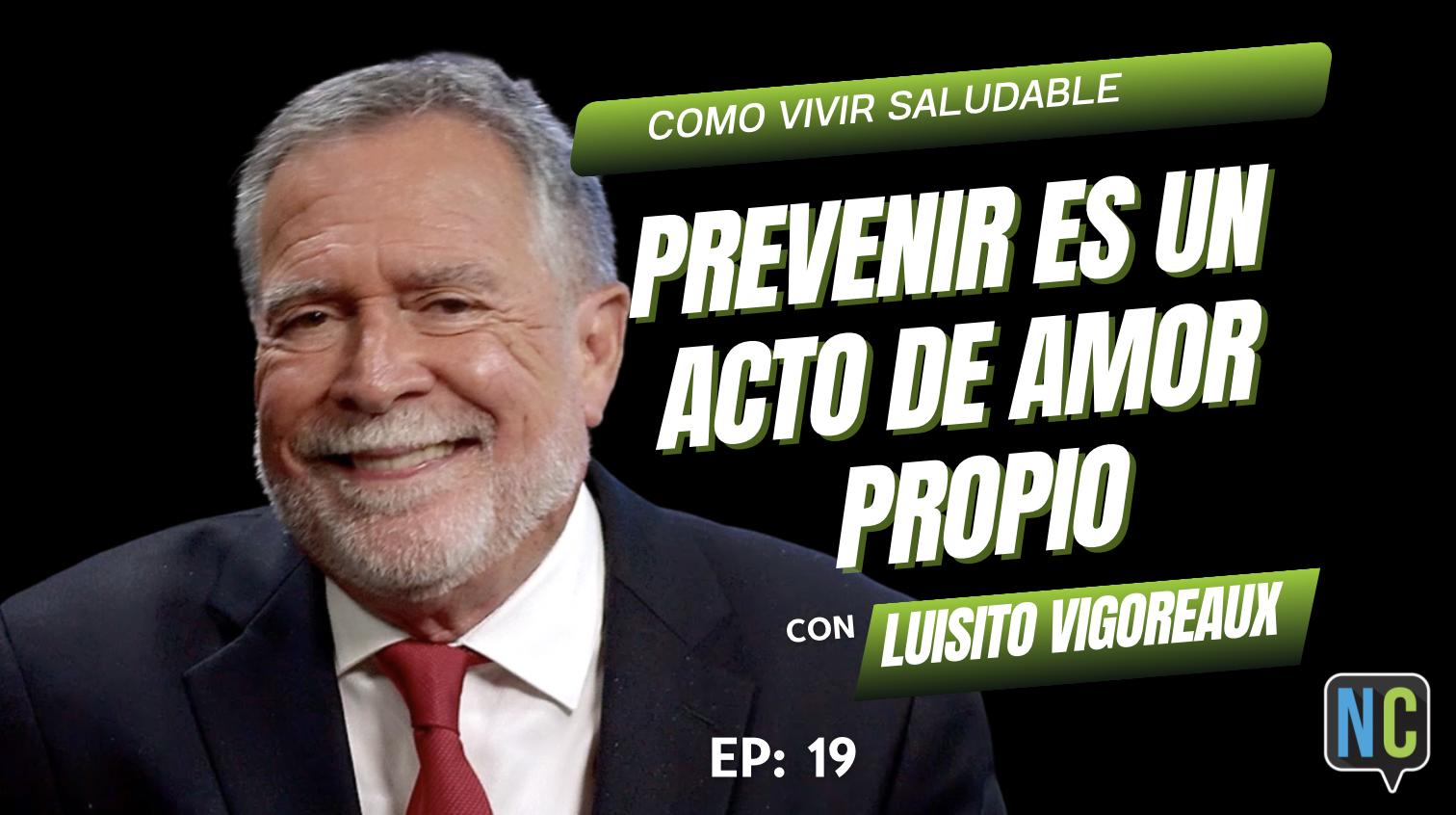
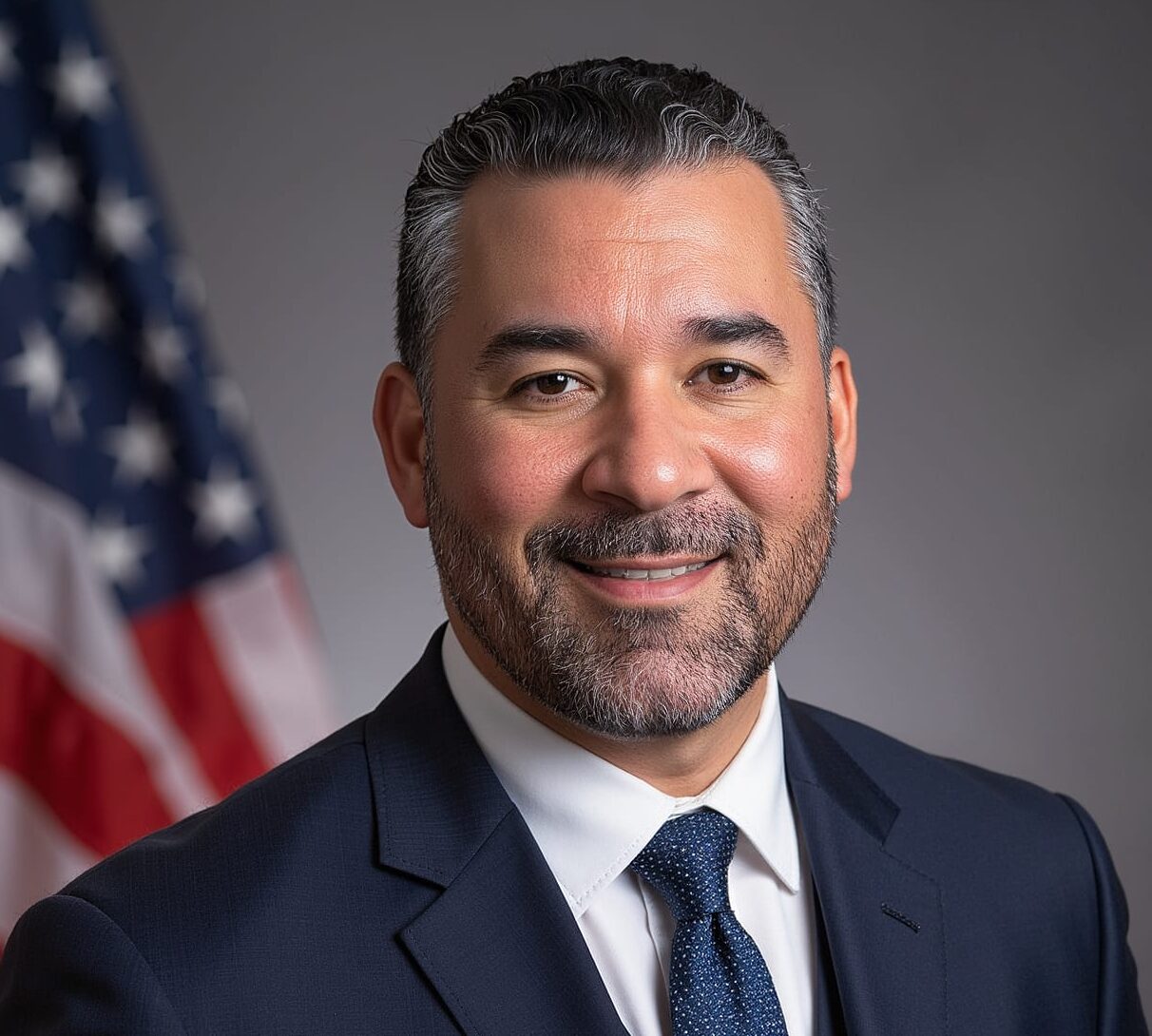


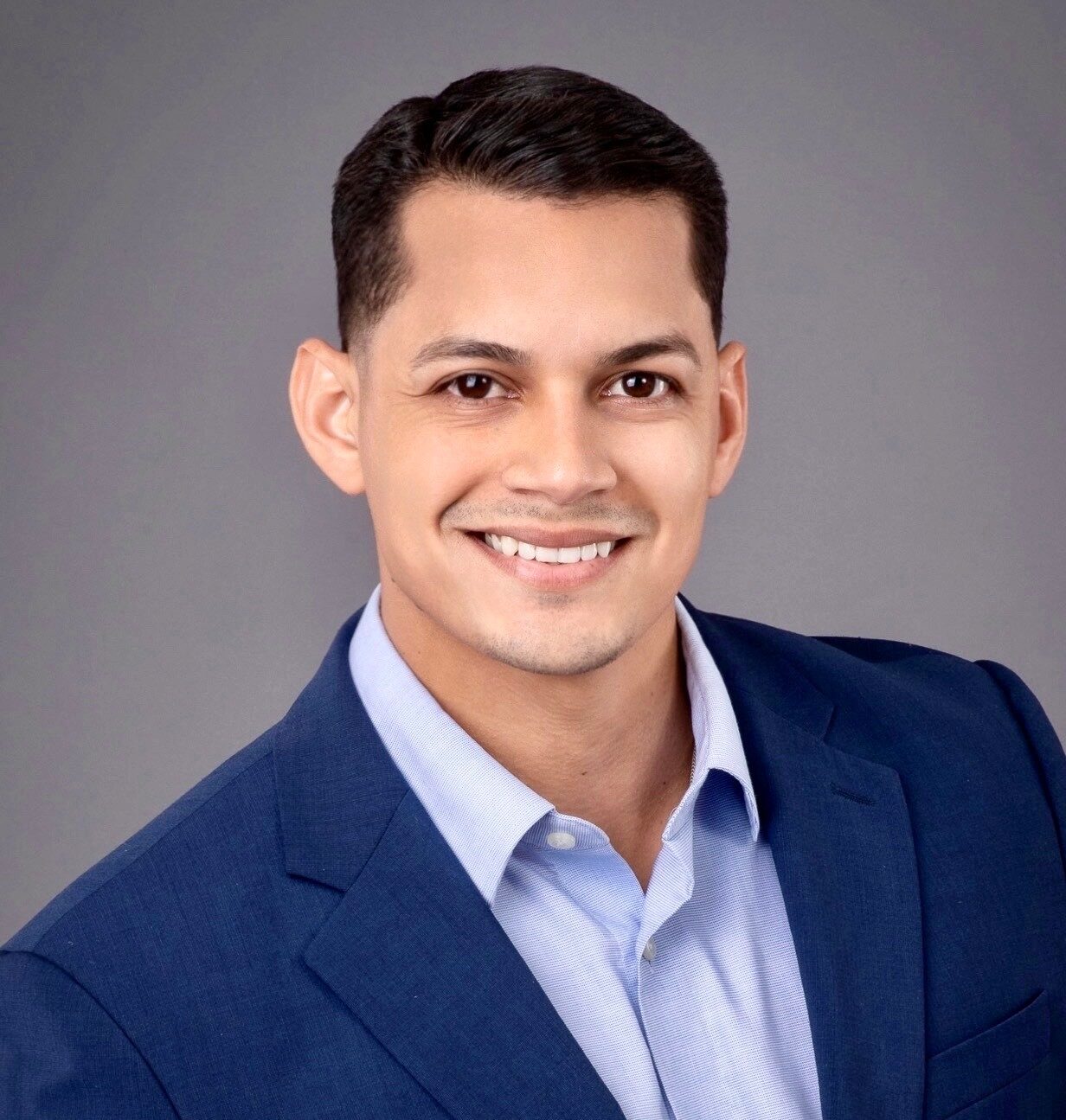
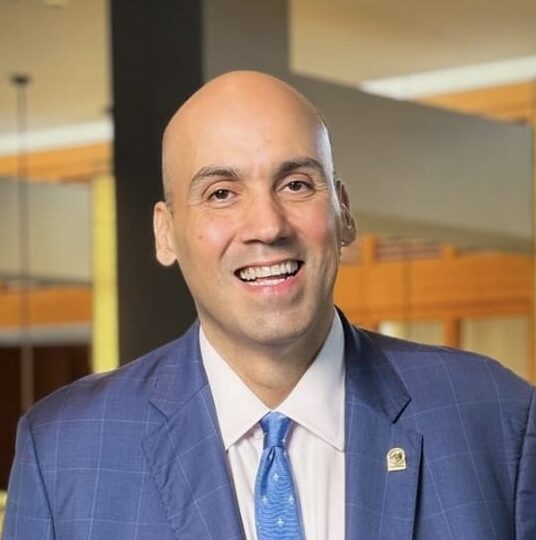
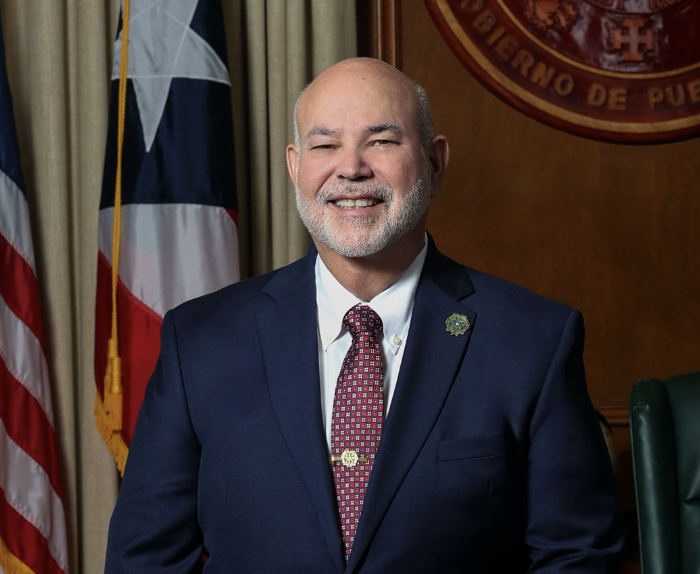
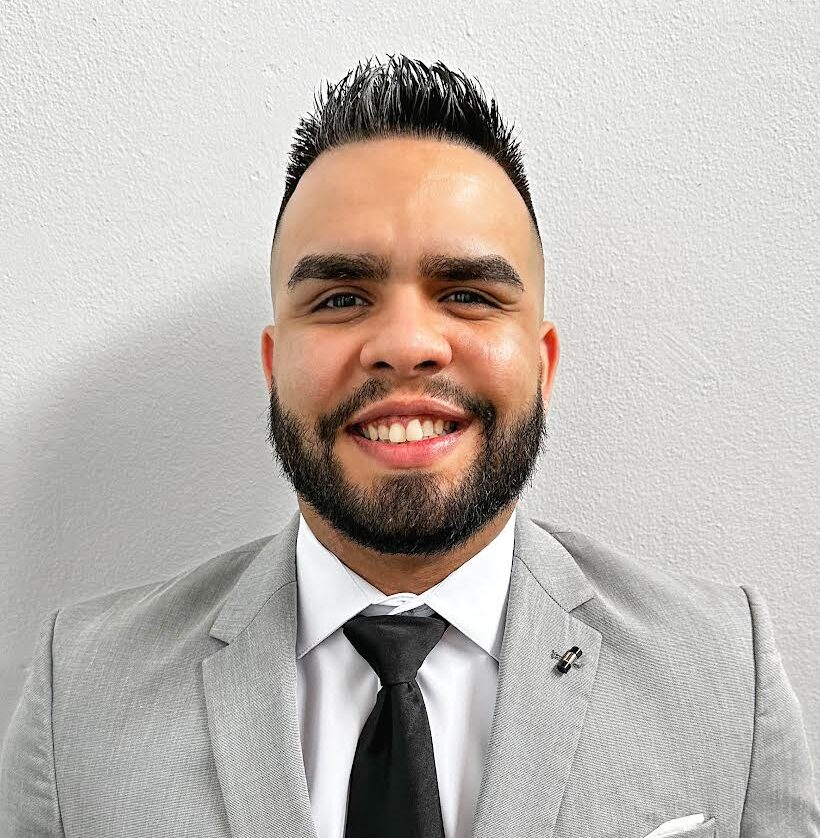
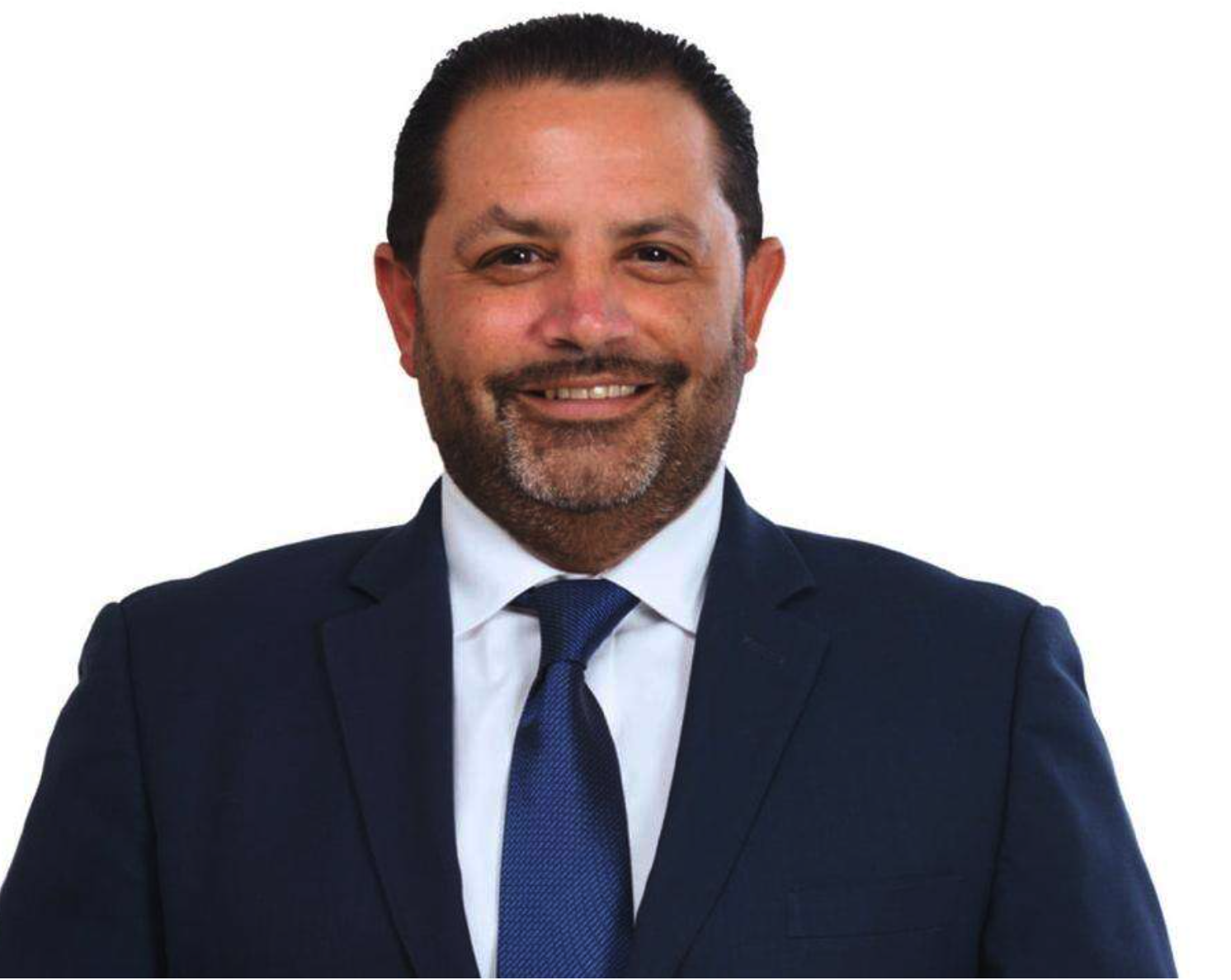
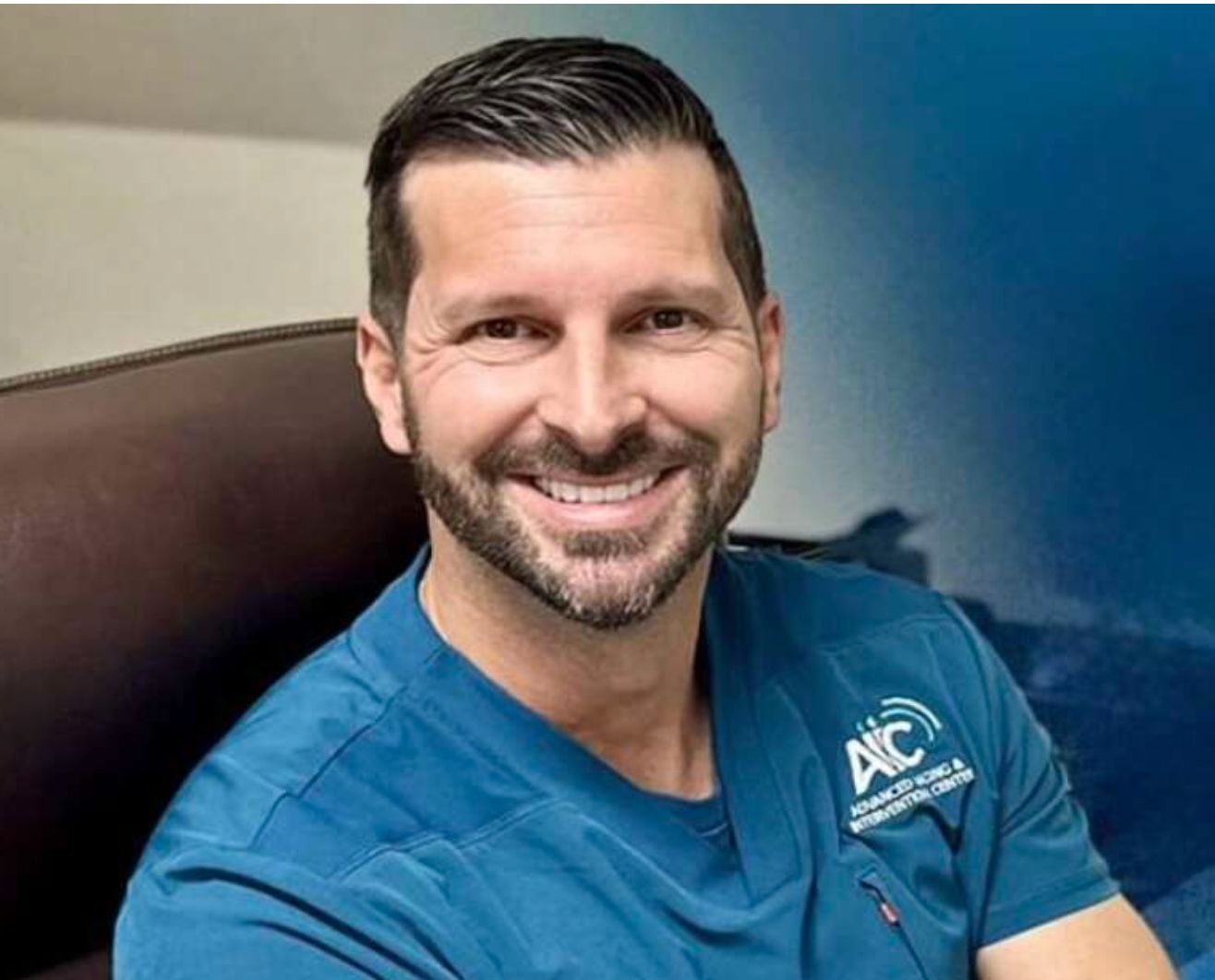
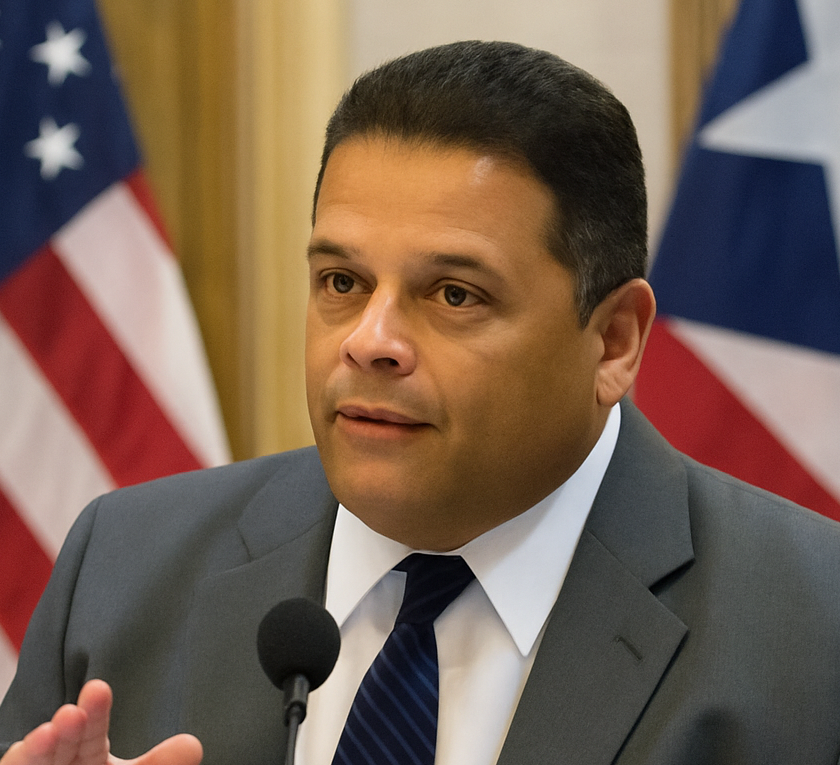

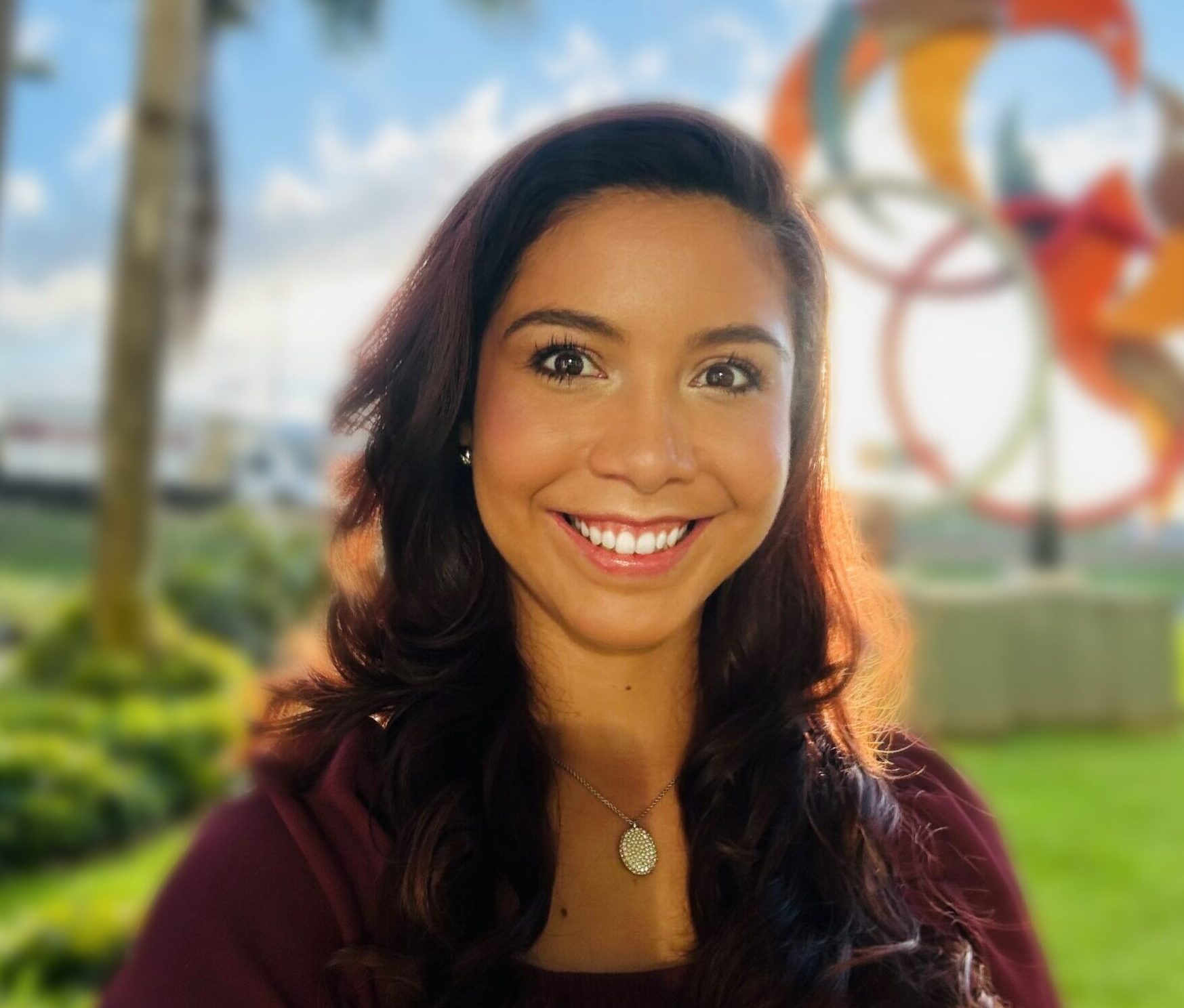

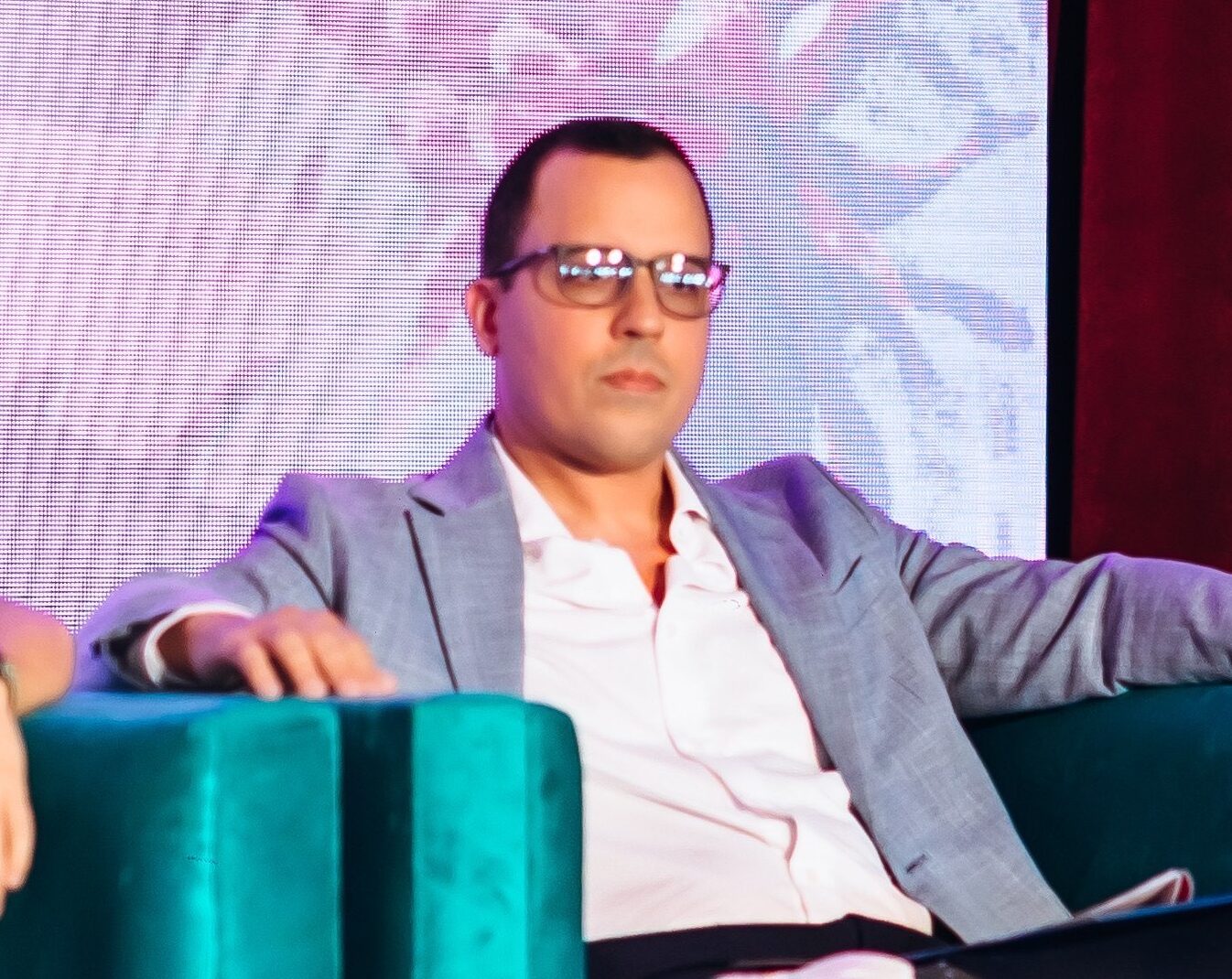
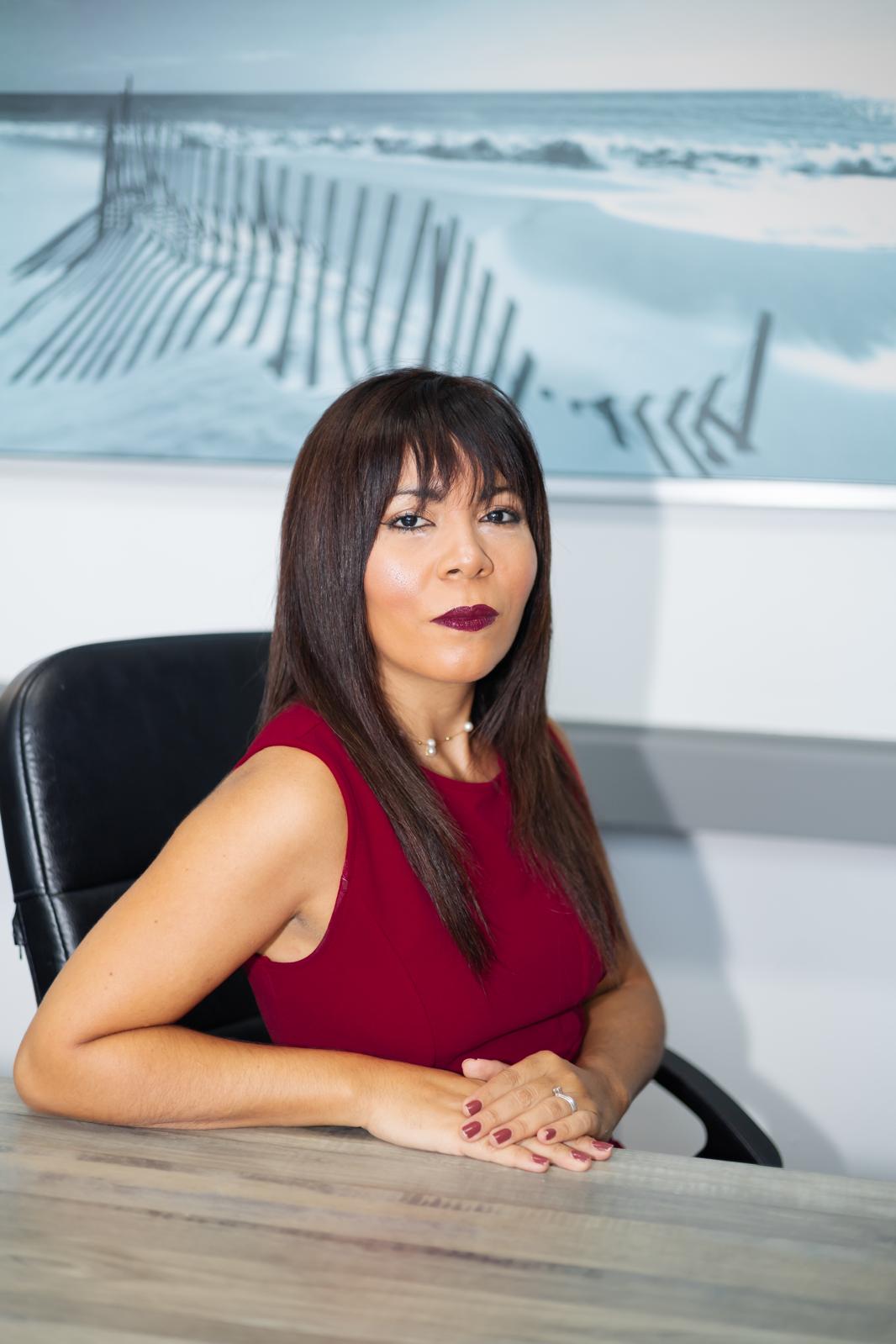
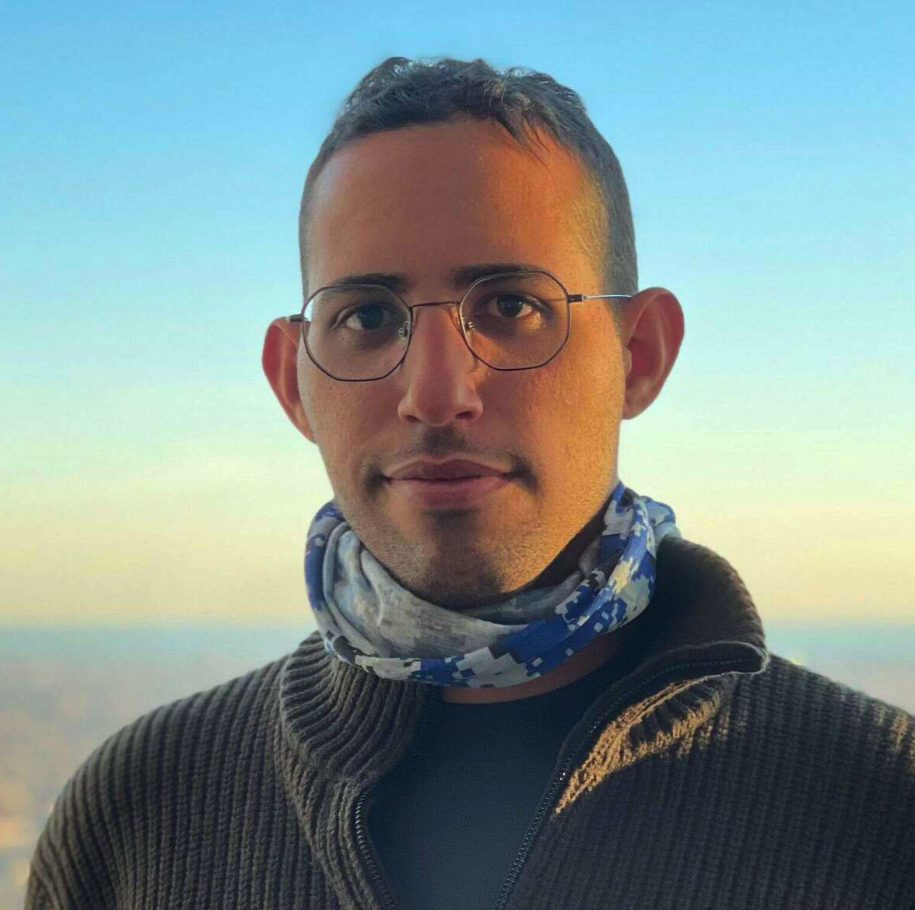
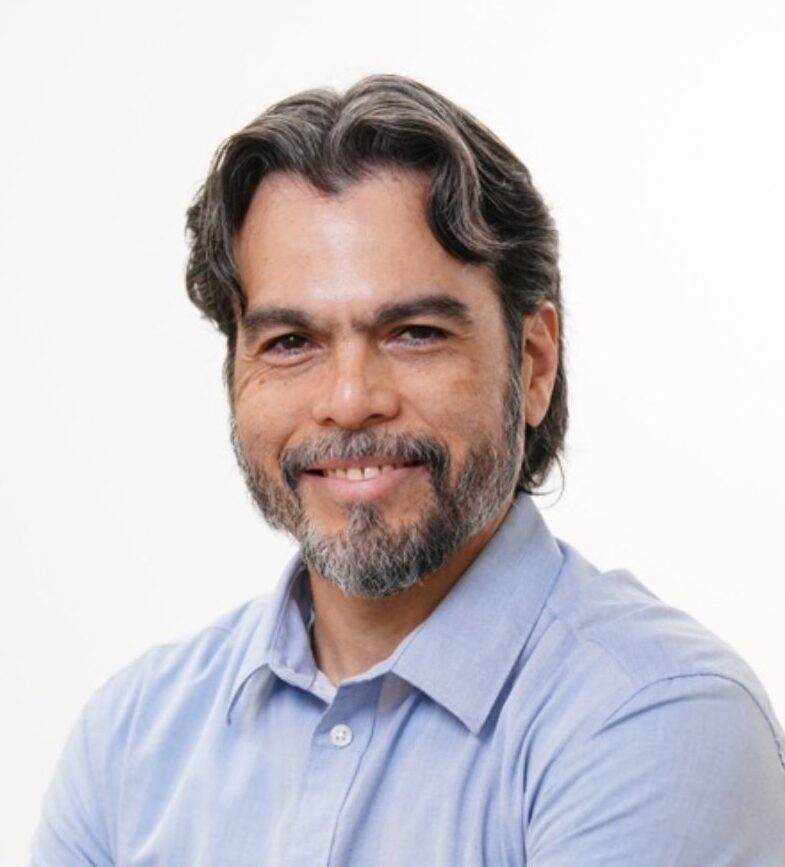
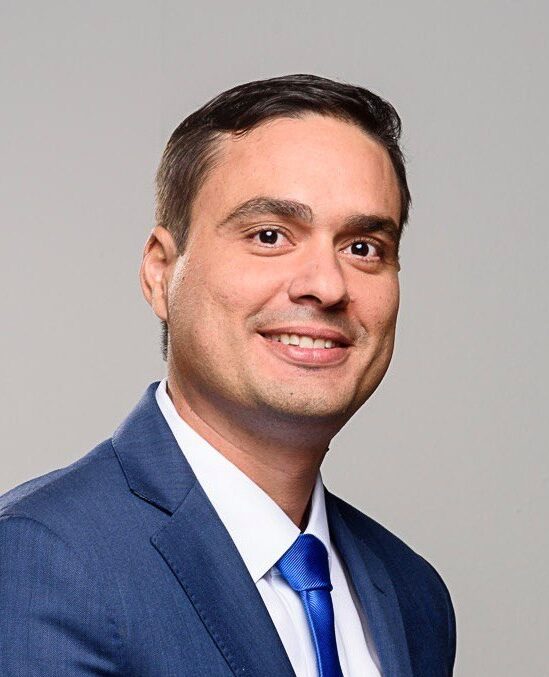
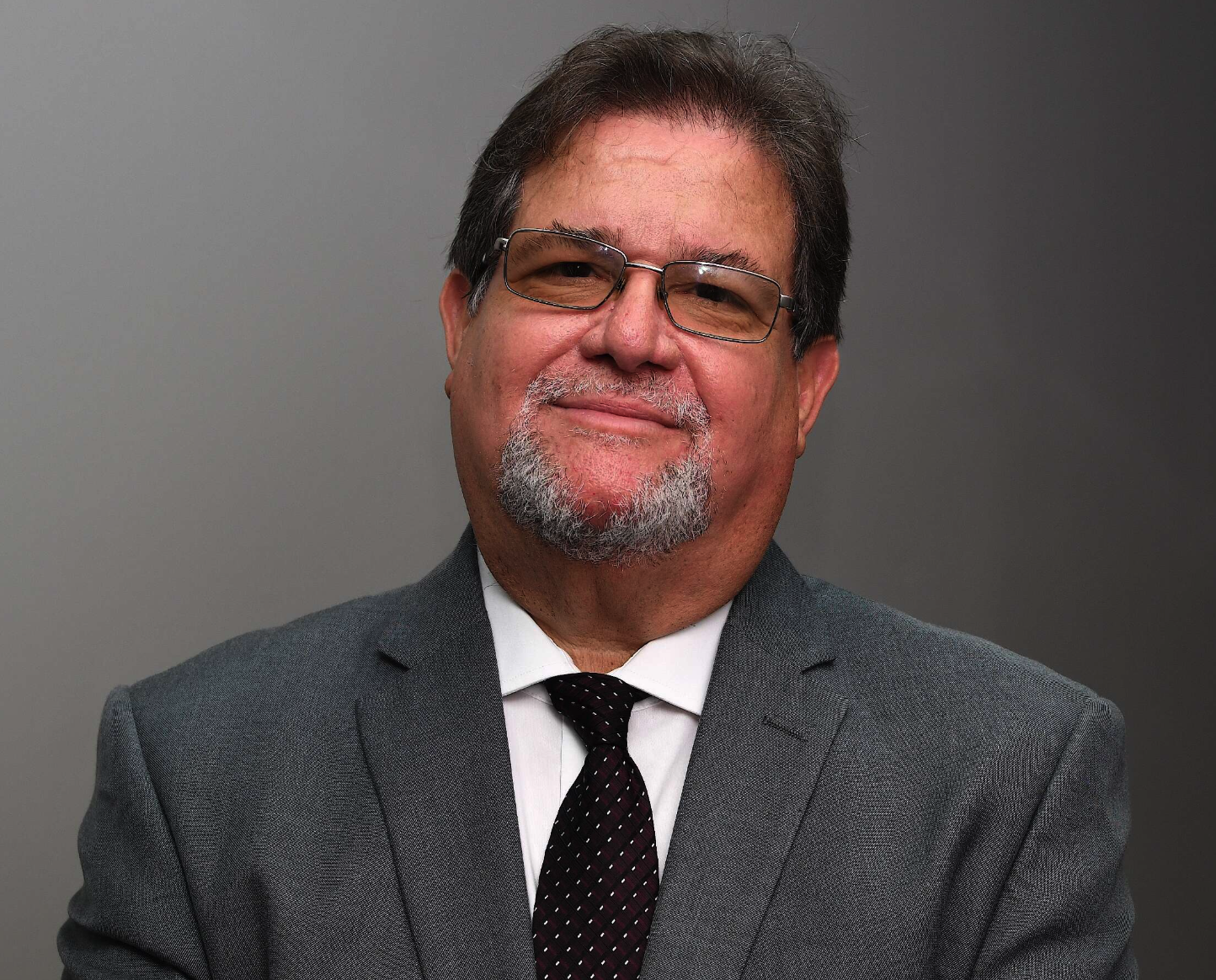
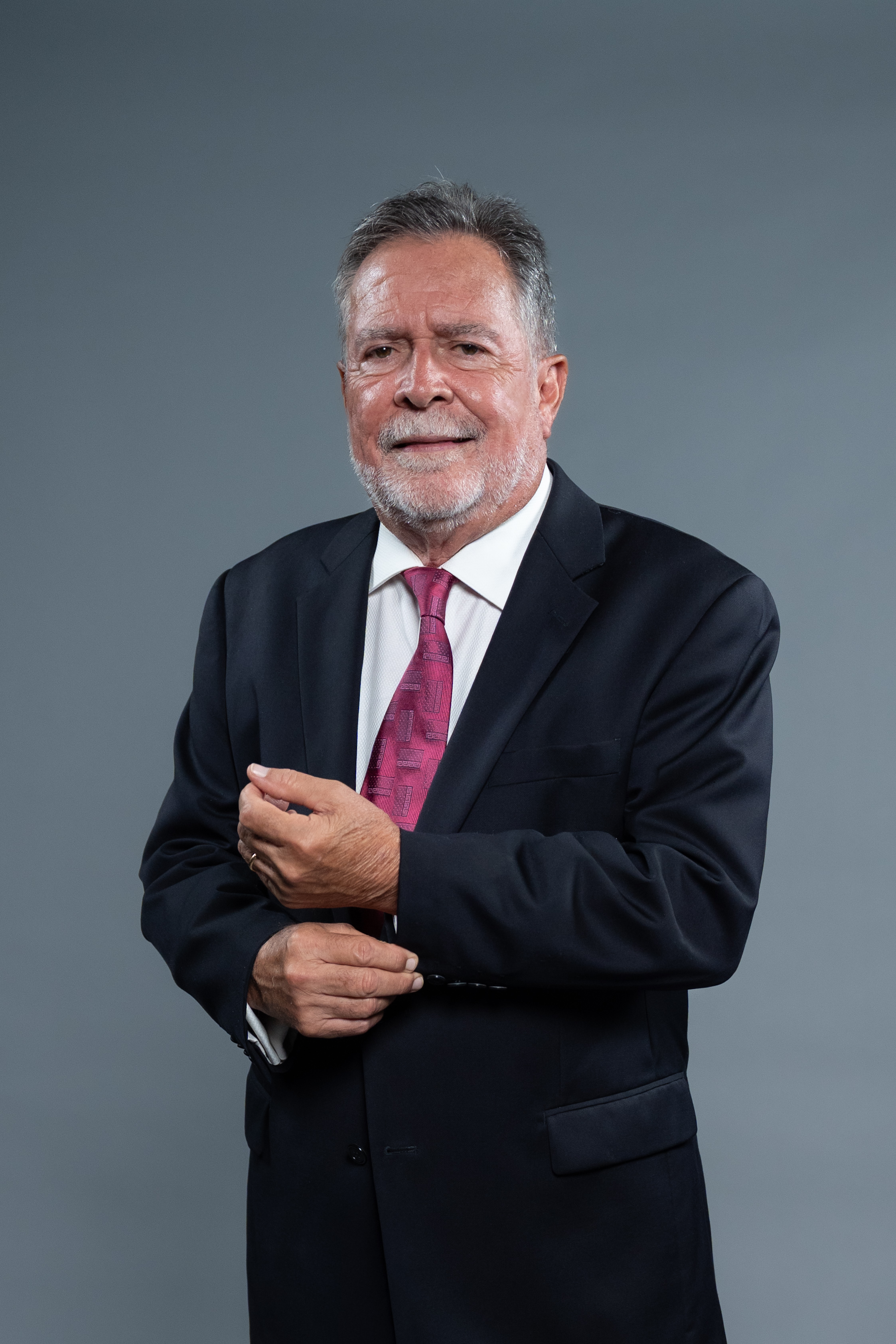
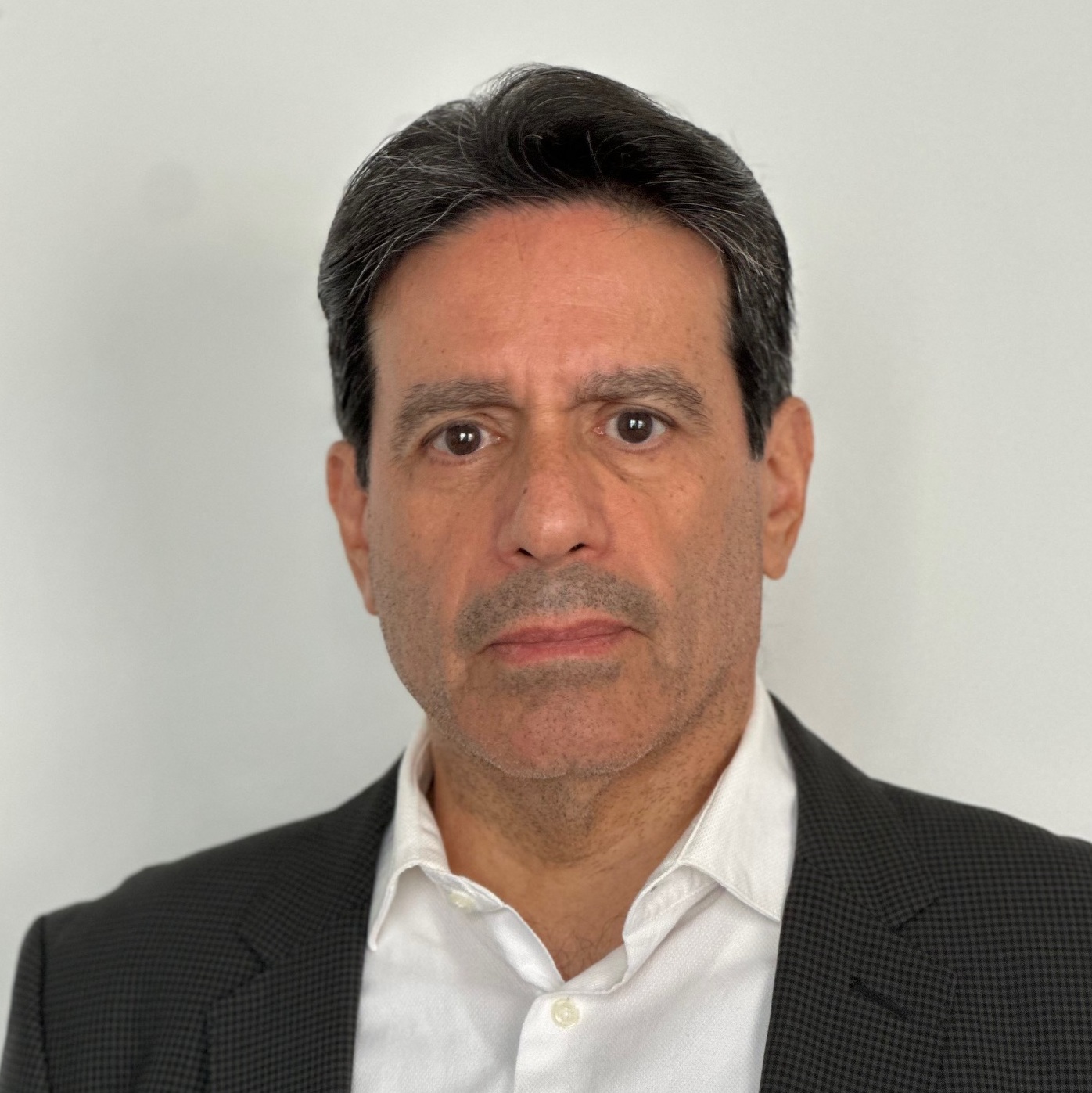
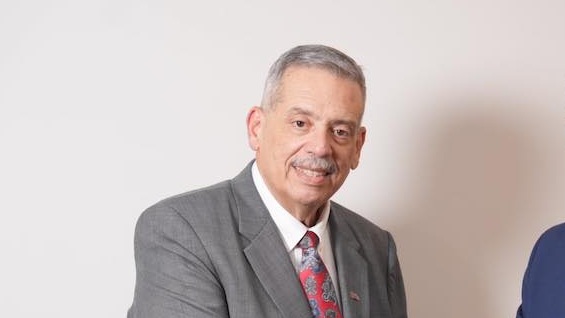
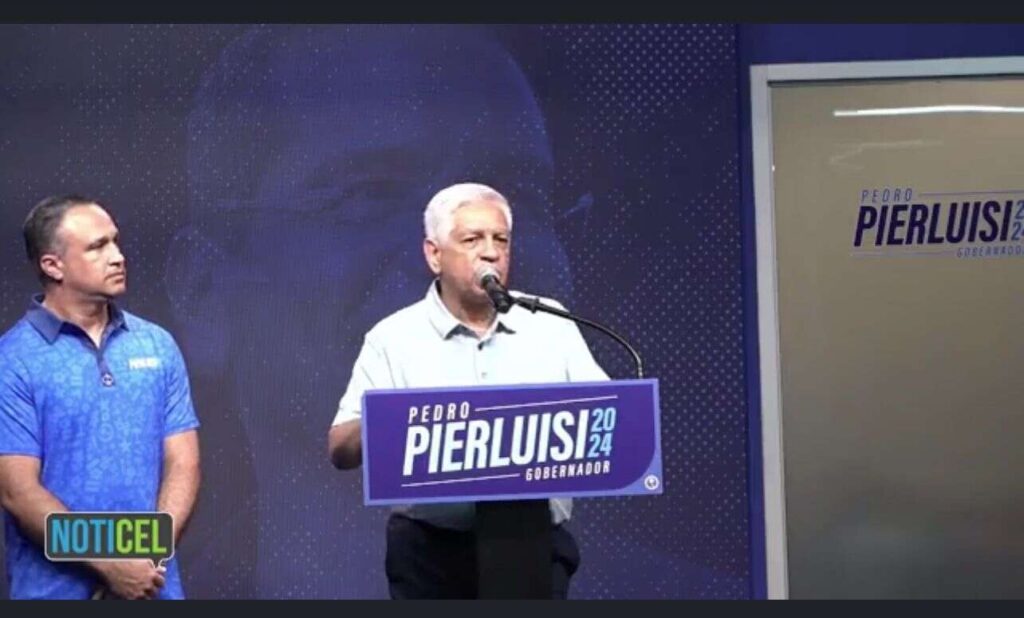
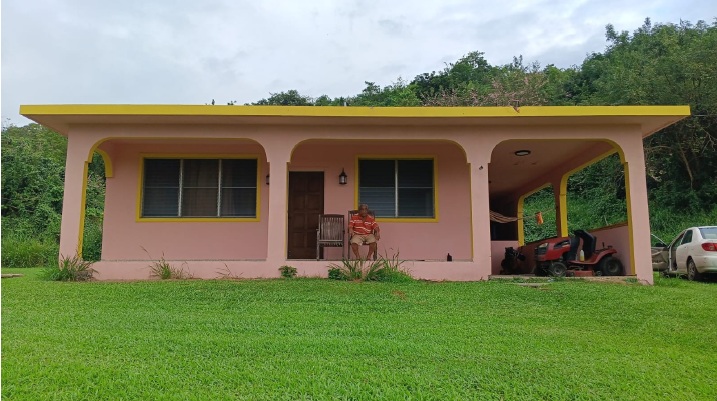
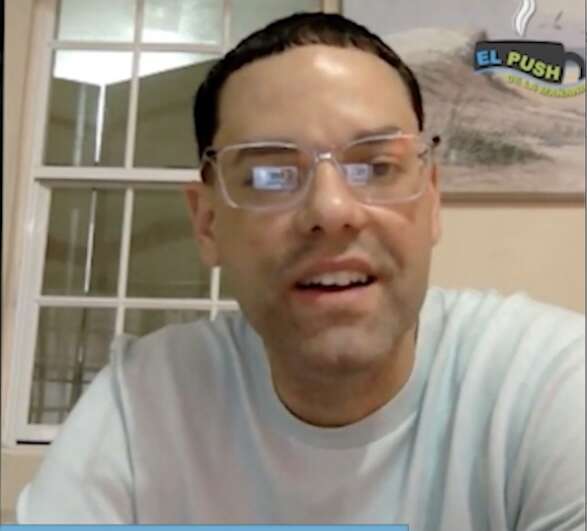
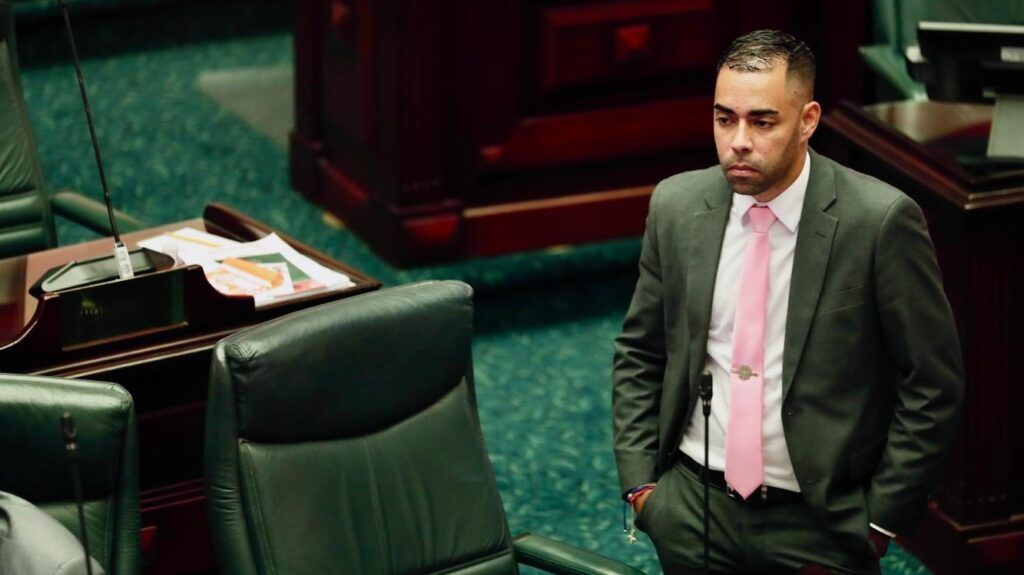

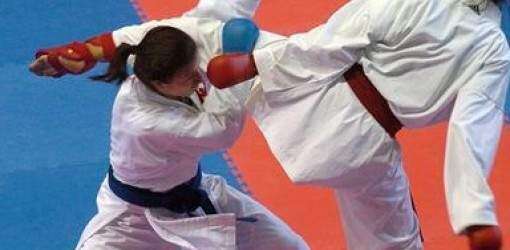
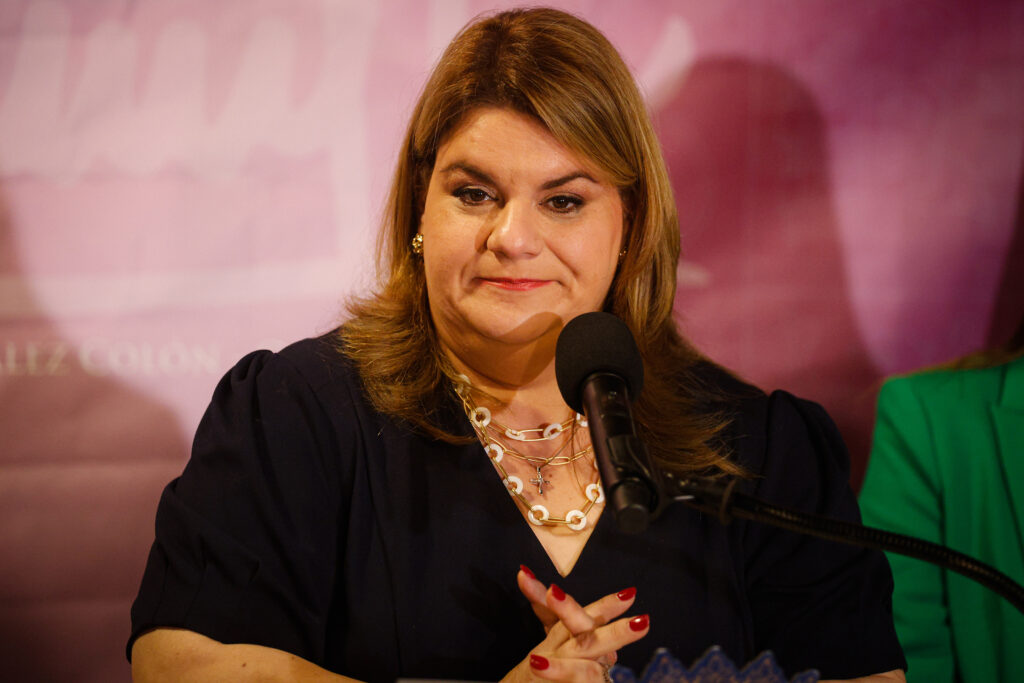

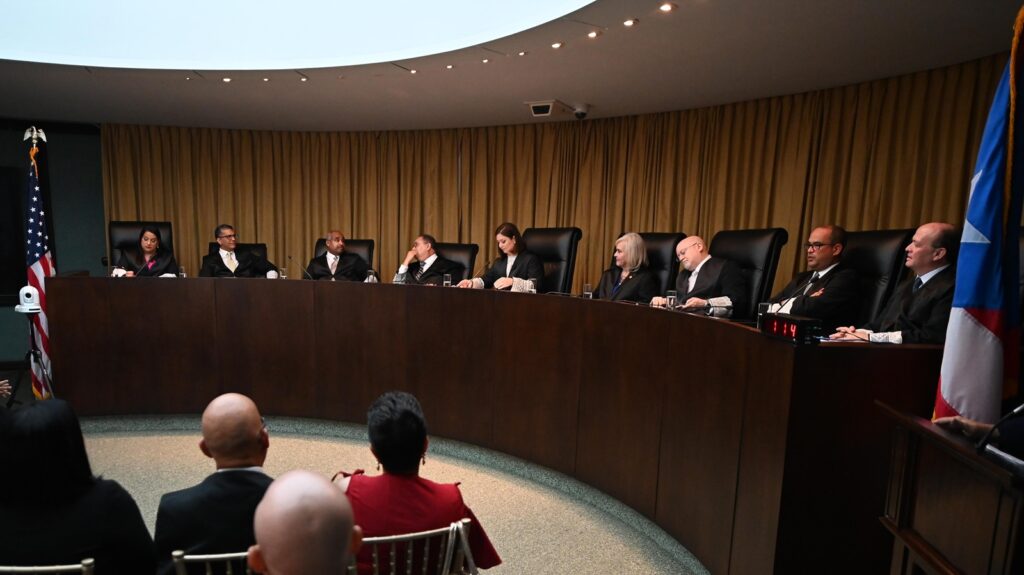
Comentarios {{ comments_count }}
Añadir comentario{{ child.content }}